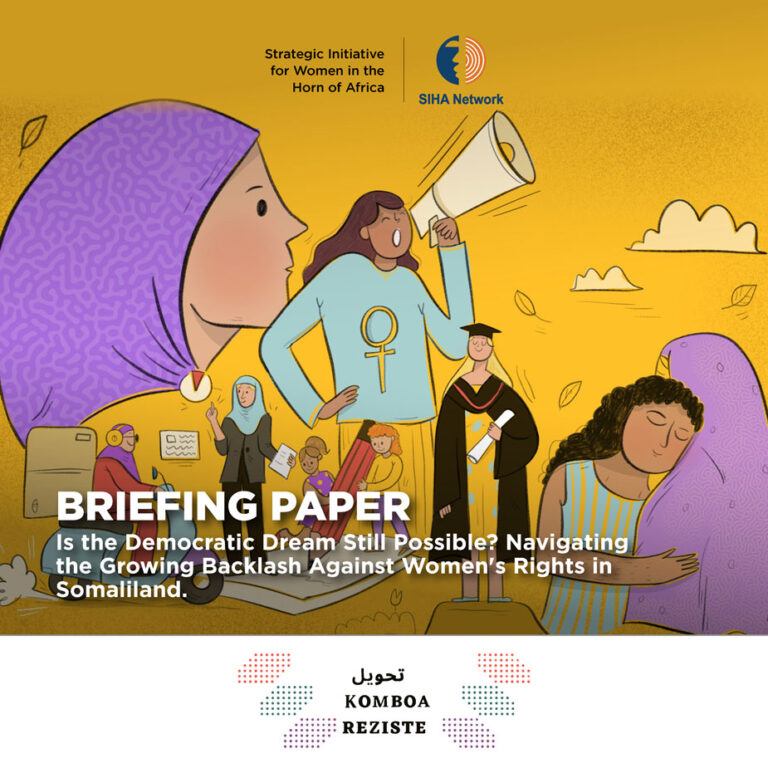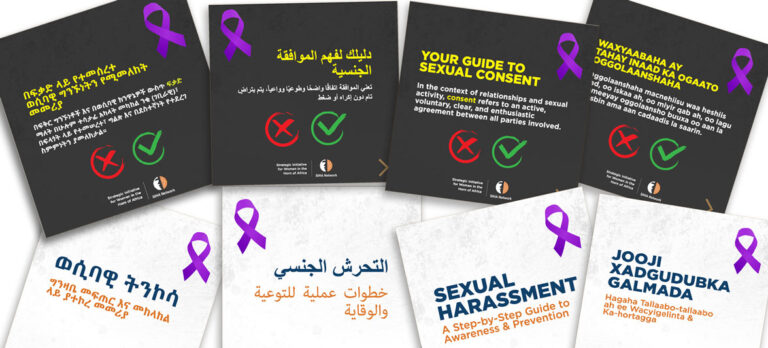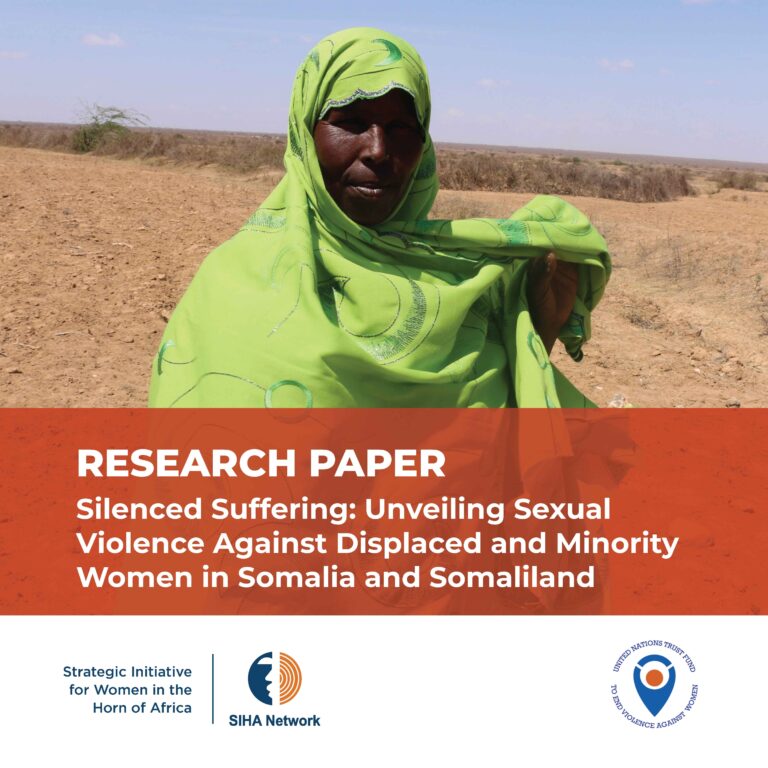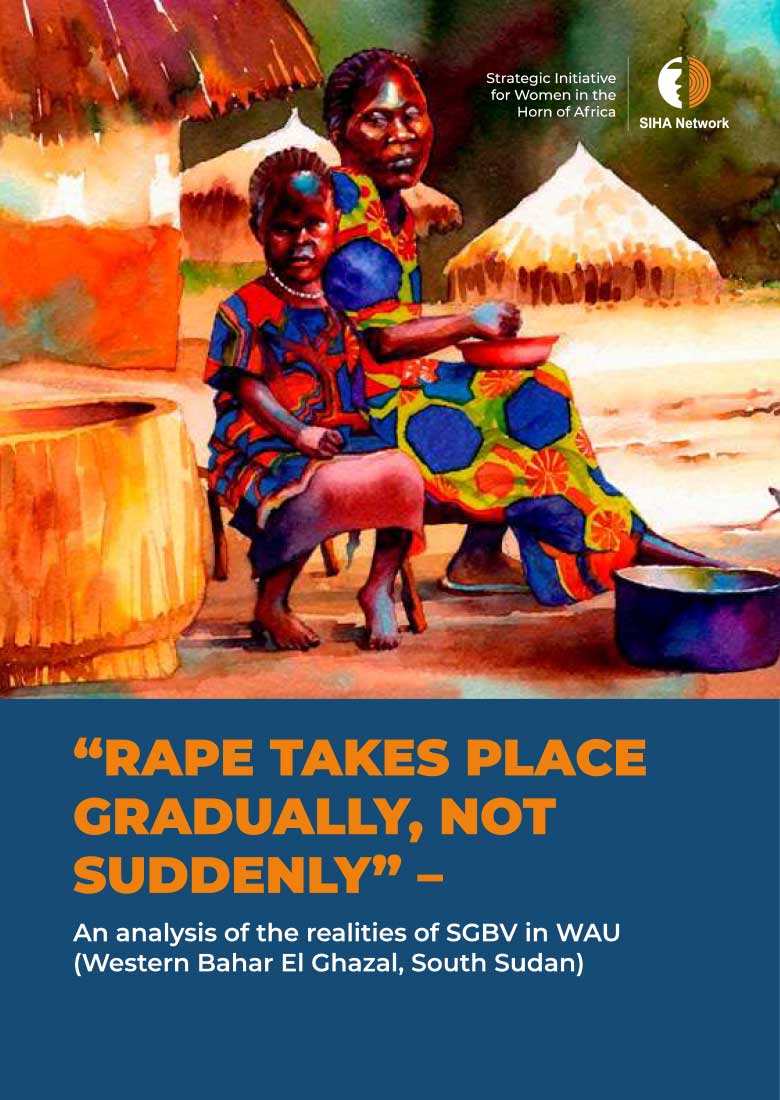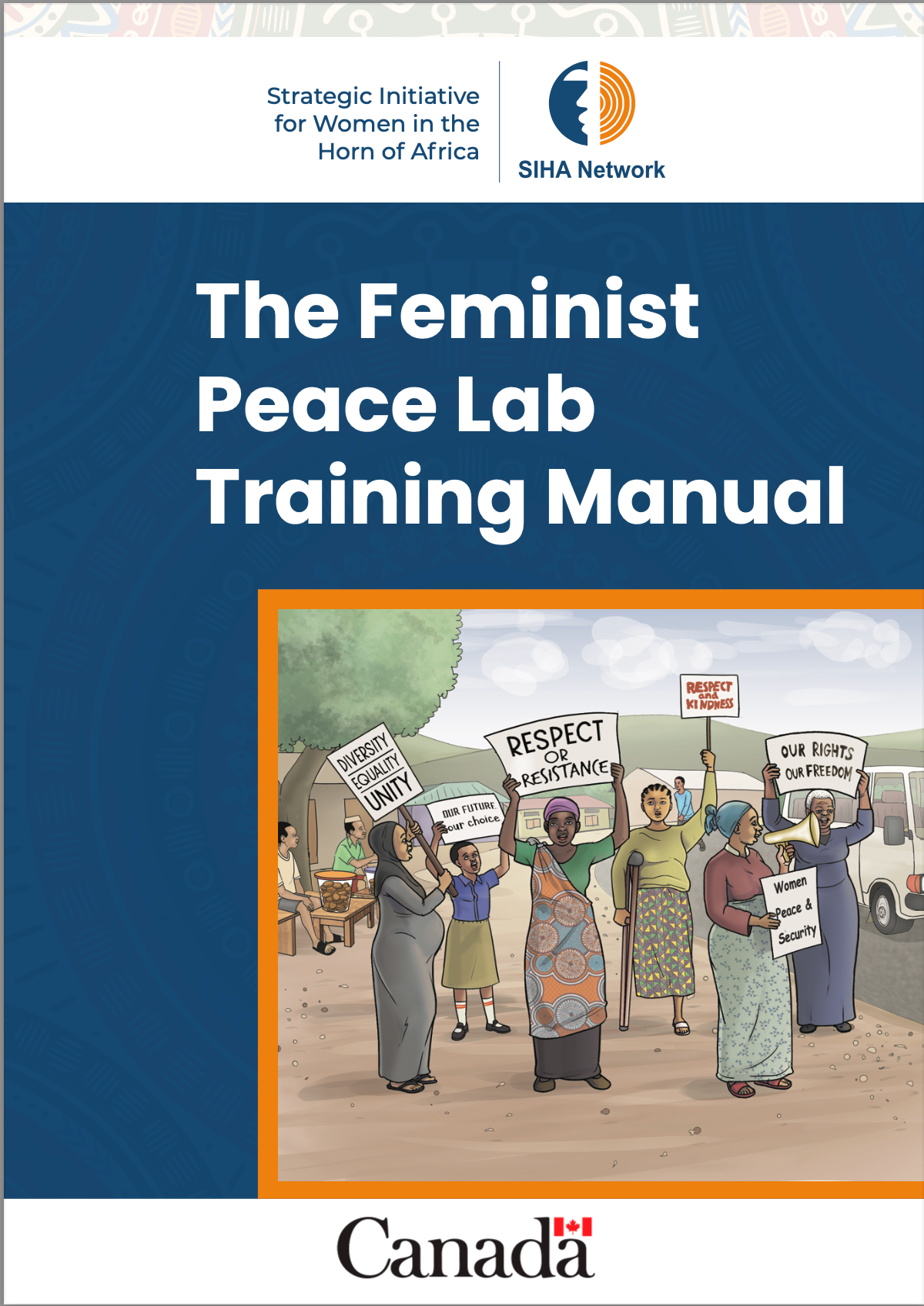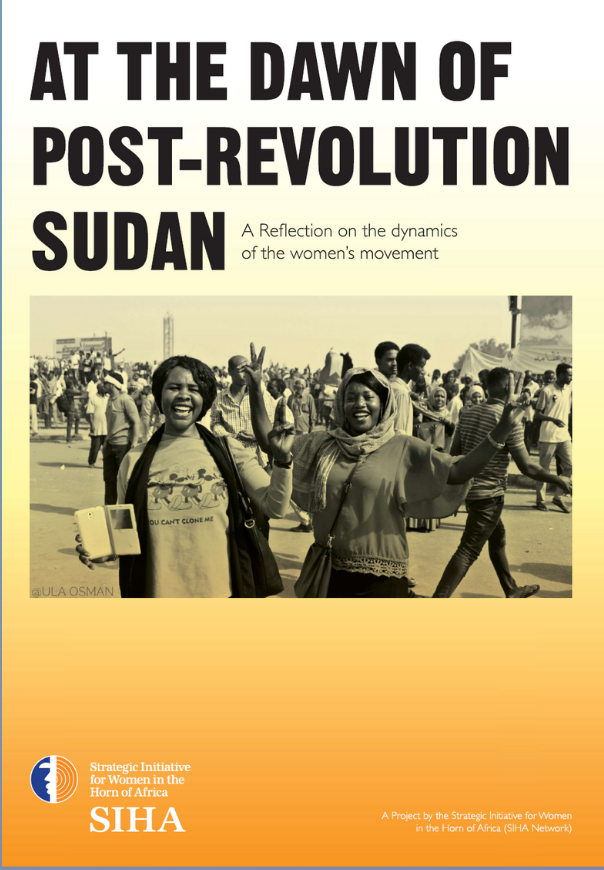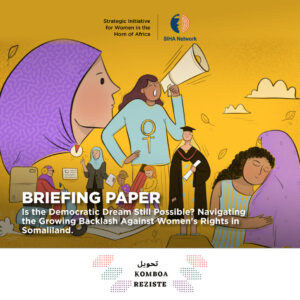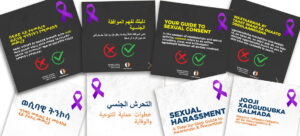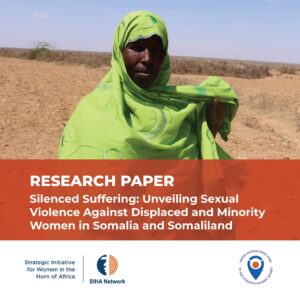RAPE TAKES PLACE GRADUALLY, NOT SUDDENLY" Summary of Findings
The report offers an in-depth examination of sexual and gender-based violence (SGBV) in Wau. It critically analyzes the gradual emergence and complex nature of rape and other forms of SGBV in the context of ongoing conflict and cultural norms. It utilizes a mixed-methods approach, combining qualitative and quantitative research methods. Data sources include firsthand accounts from SGBV survivors, local community surveys, and analysis of existing legal and policy frameworks. This comprehensive approach allows for a nuanced understanding of the multifaceted nature of SGBV in Wau…
The Feminist Peace Lab Training Manual
The Feminist Peace Lab (FPL) Training Manual serves as a valuable resource for Women, Peace, and Security (WPS) Practitioners operating in the Greater Horn of Africa (GHoA) region. Its purpose is to offer tools and guidance for those interested in imparting skills and knowledge to emerging WPS activists or practitioners.
The manual is structured into five modules, designed to be utilized independently or collectively, and can be adapted to the specific needs and context of a given setting and its participants.
It also leverages the practical understanding and experiences of the participants, fostering networks and connections that span across groups and geographies. This collective approach aims to enhance the training’s effectiveness, encouraging a shared learning environment reflecting the participants’ diverse perspectives and insights.
At the dawn of Post-Revolution Sudan A Reflection on the dynamics of the women’s movement
In early 2019 Sudan had been gripped by months of political turmoil that climaxed with the army overthrowing long-time dictator Omar al-Bashir on April 11th. The protests began in December 2018 with civilians decrying the shortages and economic hardships that had become increasingly unbearable for the citizens of Sudan. This initial trigger let loose an accumulation of grievances that had been growing in the country for decades and culminated in one of the most remarkable protests in recent times. This intricate analysis of the women’s movement in Sudan highlights the role the Sudanese government has played in antagonizing the advancement of women’s rights, particularly in achieving an inclusive women’s agenda. It recognizes that it is high time that the Sudanese government and the ruling political institutions start creating a shift in their approach toward women’s rights and gender equality in Sudan.

